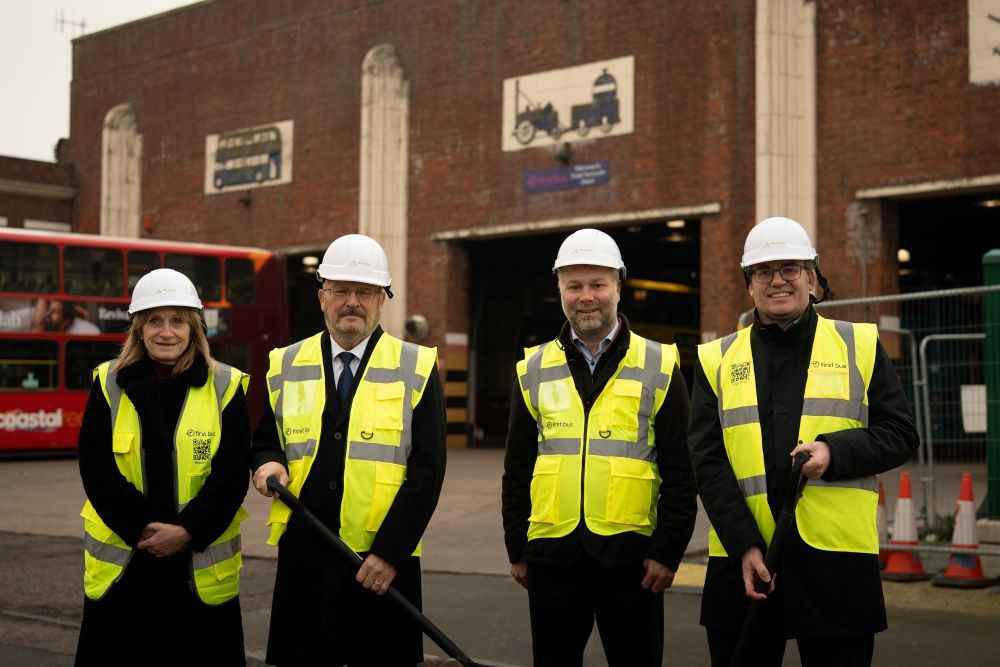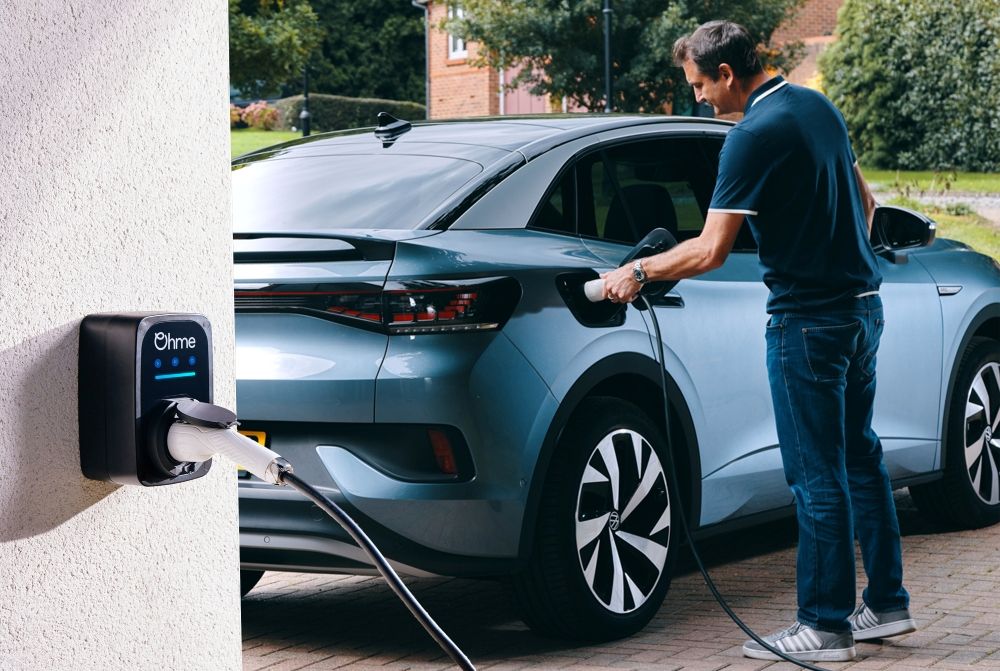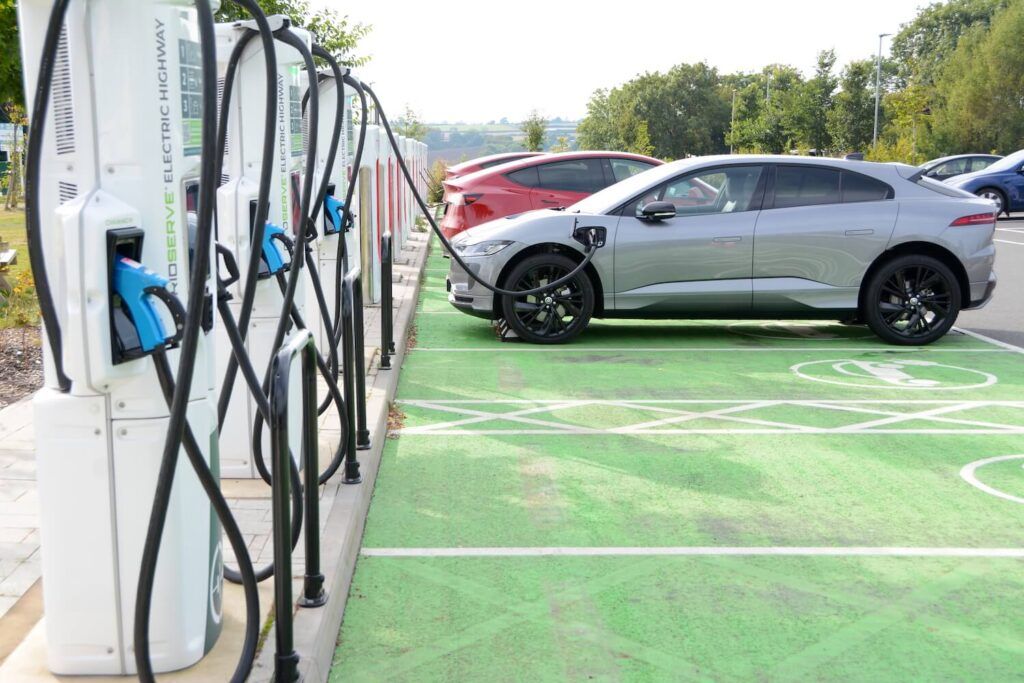A new report published by the House of Lords Environment and Climate Change Committee today (Wednesday 12 October) has revealed that a third of emission savings by 2035 must come from people changing their behaviours.
After taking extensive evidence, the Committee has also warned that the Government’s current approach to enabling behaviour change is seriously inadequate and will result in the UK failing to meet its net zero and environment targets.
The Committee found that whilst the Government has introduced some policies to help people adopt new technologies, like electric cars, that focus has not been replicated in other areas. There is too great a reliance on as yet undeveloped technologies to get us to net zero and a reluctance to help people cut carbon-intensive consumption.
The Committee is calling on the Government to:
- Learn from examples of where it enabled behaviour change, including during the COVID-19 pandemic, and enable people to make the necessary shifts in how we travel, what we eat and buy and how we use energy at home
- Launch a public engagement campaign to build support for helping people adopt new technologies and reduce carbon-intensive consumption in key areas where behaviour change is required. One of the lessons from the COVID pandemic is how crucial clear communication is in building a public consensus for national action
- Help the public to reduce carbon and resource-intensive consumption in diets, products, services and travel. The Government’s reluctance to reduce freedom of choice means we are not making the progress at the speed we need
- Use the Net Zero Forum, announced in October 2021, to address the coordination, resourcing and responsibilities between local and central government, recognising the key role of local authorities in helping enable behaviour change in local communities
- Use every lever they have – including regulations and fiscal incentives and disincentives – to address the barriers which prevent changing behaviours
- Place fairness at the heart of policy design and tailor behaviour change interventions to avoid placing a burden on those who can least afford it. For example, providing financing support for low-income households as part of a national drive to improve the energy efficiency of our homes.
Baroness Parminter, Chair of the Environment and Climate Change Committee said: “After a summer of record temperatures, fires, and hose pipe bans, it has never been more apparent that the twin crises of climate change and nature loss demand an immediate and sustained response.
“People power is critical to reach our environmental goals, but unless we are encouraged and enabled to change behaviours in how we travel, what we eat and buy and how we heat our homes, we won’t meet those targets. Polling shows the public is ready for leadership from the Government. People want to know how to play their part in tackling climate change and environmental damage.
“The Government’s mantra of “going with the grain of consumer choice” demonstrates a reluctance to help people cut carbon-intensive consumption. It is in a unique position to guide the public in changing their behaviours, however their approach is inadequate in the face of the urgent scale of the environmental challenge. The Prime Minister urgently needs to set out her vision of a country where low carbon choices and behaviours can flourish.”
Image courtesy of Shutterstock.











